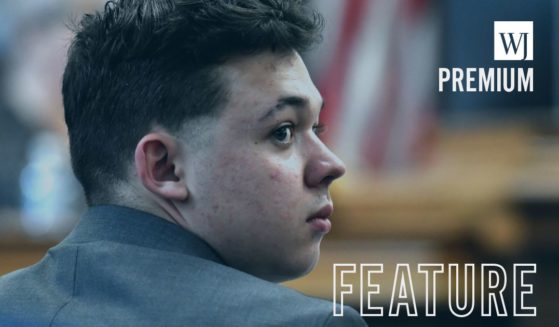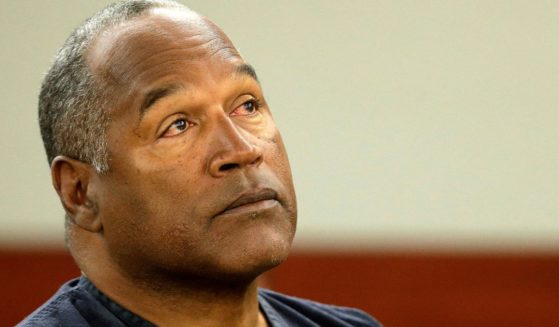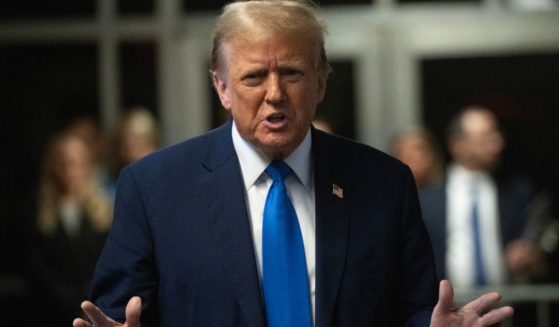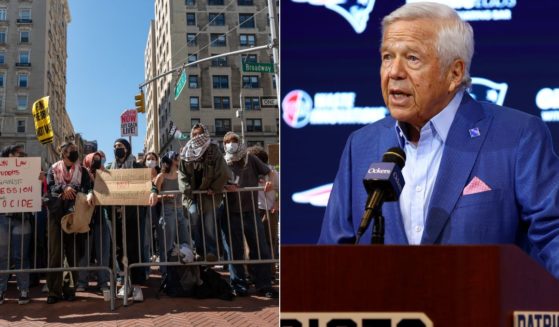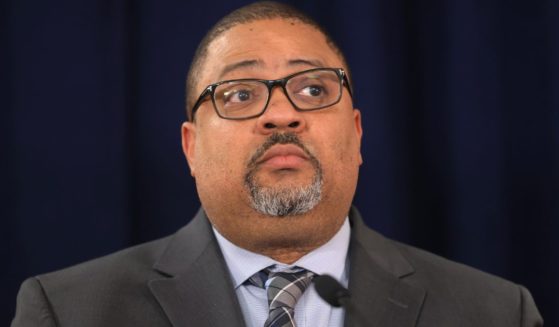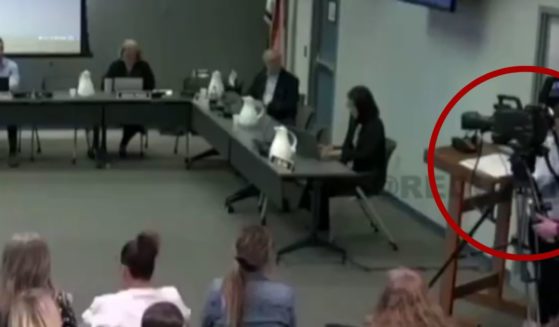Family of George Floyd Angered After Judge Gives Officer Involved in Fatal Incident an 'Insulting' Prison Sentence
U.S. District Judge Paul Magnuson sentenced former Minneapolis police officer Thomas Lane to 2 1/2 years in prison on Thursday for violating George Floyd’s civil rights, calling Lane’s role in the restraint that killed Floyd “a very serious offense in which a life was lost.”
Magnuson sentenced Lane well below the 5 1/4 years at the bottom of the range called for in sentencing guidelines. Prosecutors had asked Magnuson to sentence Lane to up to 6 1/2 years. They argued that Lane had a chance to stop the restraint that killed Floyd but chose not to.
After arguing for the stiffest possible sentence, family members of George Floyd were angered by the outcome.
Philonise Floyd, one of Floyd’s brothers, called it “insulting that he didn’t get the maximum amount of time.” He said Lane was “an accessory to murder” and he thinks “the whole criminal system needs to be torn down and rebuilt.”
A nephew of Floyd’s, Brandon Williams, said he was “angry and fed up.”
Earl Gray, Lane’s attorney, had argued that he asked his colleagues twice if Floyd should be turned on his side as officers restrained him for more than nine minutes until he died.
Lane testified at trial that he didn’t realize how dire Floyd’s condition was until paramedics turned him over.
“Officer Lane did not intervene in one way or another,” Philonise Floyd said.
Prosecutor Manda Sertich also argued for a higher sentence, saying that Lane “chose not to act” when he could have saved a life.
“There has to be a line where blindly following a senior officer’s lead, even for a rookie officer, is not acceptable,” she said.
Magnuson told Lane the “fact that you did not get up and remove Mr. Chauvin when Mr. Floyd became unconscious is a violation of the law.” But he also held up 145 letters he said he had received supporting Lane, saying he had never received so many on behalf of a defendant.
He faulted the Minneapolis Police Department for sending Lane with another rookie officer on the call that ended in Floyd’s death.
When sentencing officer Derek Chauvin earlier this month on civil rights charges in Floyd’s killing, Magnuson appeared to suggest that he bore the most blame in the case, telling Chauvin, “You absolutely destroyed the lives of three young officers by taking command of the scene.”
Magnuson recommended Lane serve his sentence at the federal prison in Duluth, about 2 1/2 hours from the Minneapolis area.
Lane did not speak at Thursday’s sentencing and neither he nor his attorney commented to reporters afterward. Prosecutors also did not immediately comment.
Gray argued during the trial that Lane “did everything he could possibly do to help George Floyd.” He also noted that Lane performed CPR to try to revive Floyd after the ambulance arrived.
When Lane pleaded guilty in state court in May, Gray said Lane hoped to avoid a long sentence.
“He has a newborn baby and did not want to risk not being part of the child’s life,” he said.
The Western Journal has reviewed this Associated Press story and may have altered it prior to publication to ensure that it meets our editorial standards.
Truth and Accuracy
We are committed to truth and accuracy in all of our journalism. Read our editorial standards.

